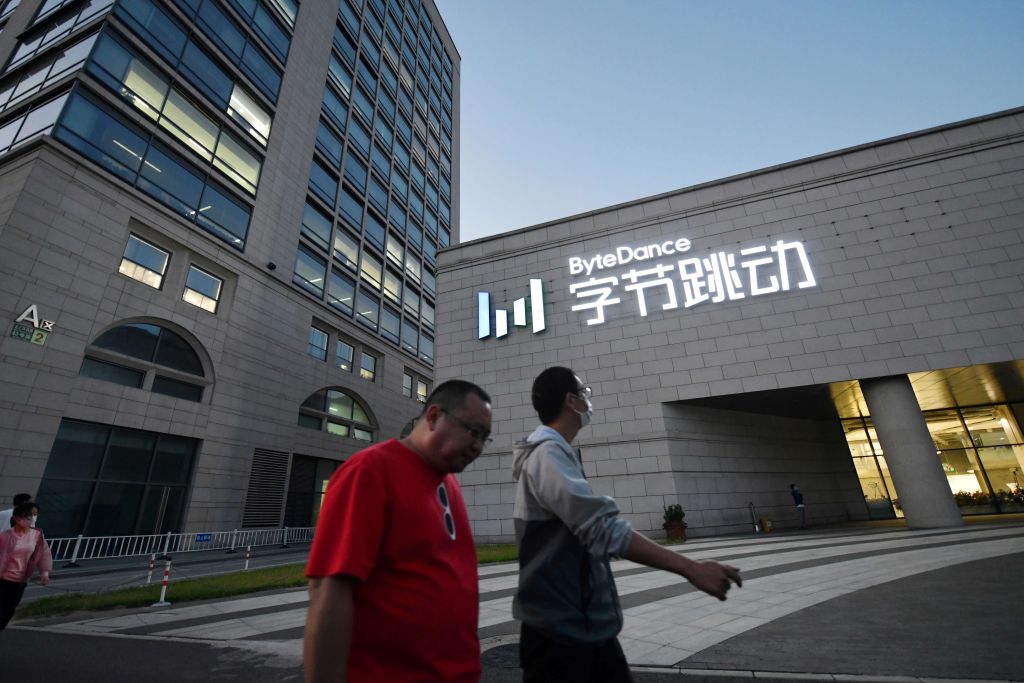TikTok’s plans to collect biometric identifiers from its users has prompted concern among U.S. lawmakers, who are demanding the company reveal exactly what information it collects and what it plans to do with that data.
In a letter sent earlier this month addressed to TikTok CEO Shou Zi Chew, Sens. Amy Klobuchar (D-MN) and John Thune, (R-SD) say they are “alarmed” by the recent change to TikTok’s privacy policy, which allows the company to “automatically collect biometric data, including certain physical and behavioral characteristics from video content posted by its users.”
TechCrunch first reported details of the new privacy policy back in June, when TikTok said it will seek “required permissions” to collect “faceprints and voiceprints” where required by law, but failed to elaborate on whether it’s considering federal law, states laws or both (only a handful of U.S. states have biometric privacy laws, including Illinois, Washington, California, Texas and New York).
Klobuchar and Thune’s letter asks TikTok to explicitly explain what constitutes a “faceprint” and “voiceprint”, as well as to explain how this data will be used and how long it will be retained. The senators also quizzed TikTok on whether any data is gathered for users under the age of 18; whether it makes any inferences about its users based on the biometric data it collects; and to provide a list of all third parties that have access to the data.
Building customer-first relationships in a privacy-first world is critical
“The coronavirus pandemic led to an increase in online activity, which has magnified the need to protect consumers’ privacy,” the letter reads. “This is especially true for children and teenagers, who comprise more than 32% of TikTok’s active users and have relied on online applications such as TikTok for entertainment and for interaction with their friends and loved ones.”
TikTok has been given until August 25 to respond to the lawmakers’ questions. A TikTok spokesperson did not immediately comment.
This isn’t the first time TikTok’s excessive data collection plans have come under scrutiny. Earlier this year, the company paid out $92 million to settle a class-action lawsuit claiming it unlawfully collected users’ biometric data and shared it with third parties. This came after the FTC in 2019 slapped TikTok with a $5.7 million fine for violating the Children’s Online Privacy Protection Act (COPPA), which requires apps to receive parental permission before collecting a minor’s data.































Comment